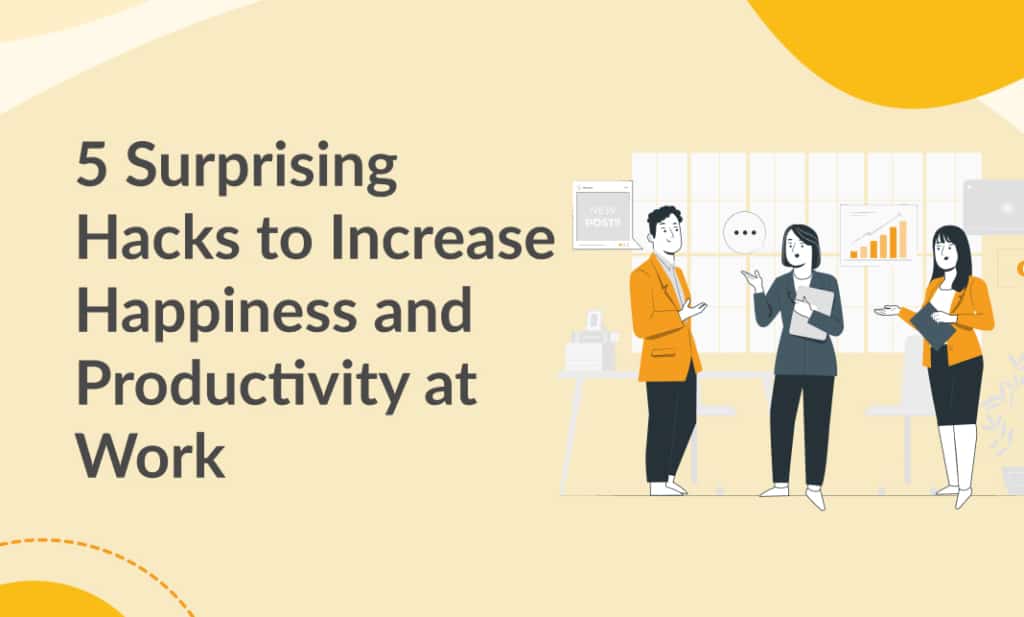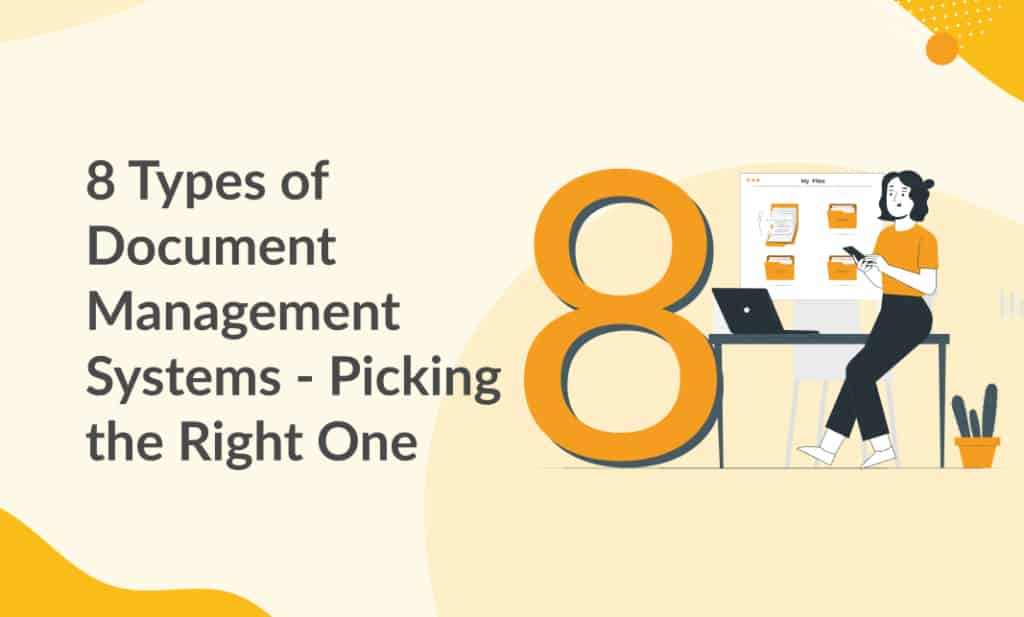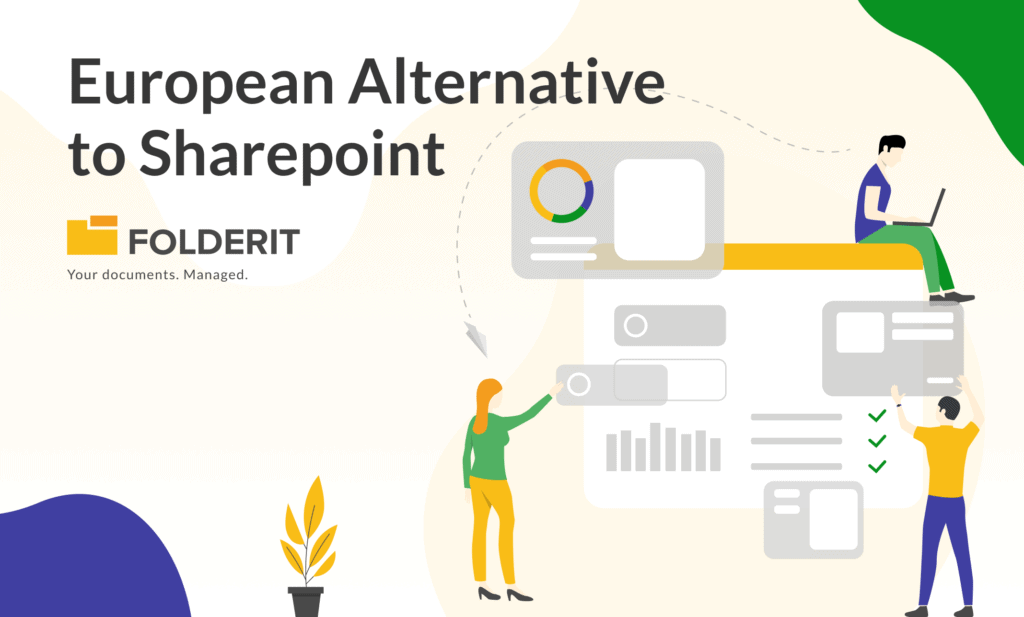It isn’t news that people who feel good about themselves and about their workplace are more productive, less likely to take time off, and generate an atmosphere of general bonhomie that makes customers say, “I like going there. I like trading with them.” However, generating that environment can sometimes be a challenge.
 Office Pets
Office Pets
While there can be some concern about allergies, most people respond positively to the presence of something cute and cuddly. According to an article from Mayo Clinic, therapy dogs are being used more frequently to help relieve patient anxiety. While the article notes that hospital therapy dogs need to be well-trained and up-to-date on their vaccines and grooming, they also mention that both patients and families of patients feel more relaxed and less anxious after a visit with a therapy dog. Offices can often be sterile places, and work can sometimes produce stress. A sympathetic puppy snuggle might be just the thing to get that all-important info-packet off the ground and in the mail, or a walk around the block with the office pooch could bring the breath of fresh air needed to relieve tension. If mammals are not feasible, even a fish tank can bring life and interest to a room.
 Exercise Programs
Exercise Programs
Speaking of walks, company exercise programs are another way to relieve stress and improve overall well-being. According to Dr. Wayne Osborne, a GP working in the UK, and a regular contributor to Business.com, taking a brisk walk during your lunch break could be a game-changer for your afternoon productivity. He explains that walking stimulates the hippocampus, an area of the brain involved in learning and memory. More than that, office work often creates stress which can lead to mental fatigue. Exercise helps handle adrenaline and cortisol, two stress-related hormones. That’s why office-yoga is gaining popularity.

Morning factory whistles, time clocks, and watchful supervisors are all associated with the workplace, and have been traditionally designed to keep workers on time and on task. But more recent studies indicate that what’s really happening is what a report on workplace flexibility calls a time famine. Increasingly, workers report having too little time for their children, their spouses, or for themselves. Flexibility was found to be least in companies with more than 500 workers and in very small companies where there are too few workers to cover necessary jobs. Modern technology and cloud computing through companies such as Folderit have made flexibility easier by allowing workers to work from home or to even take their work with them on family vacations. Working from home turns out to be similar to home-schooling in that attention is focused on getting the job done rather than on putting in hours.

Most people will work harder for themselves than they will for others. When employees are given a sense of ownership of their job, they are more likely to work hard to “win for the team” than if they perceive their work as arriving punctually, putting in their time, and then going home. When the workplace is a second home, when they see their hard work as contributing to their personal stability or even as being part of being good citizens for their community, workers are more likely to give their job their best efforts. Ownership can be something as simple as having your own desk drawer or a box to keep your lunch things in located in the lunch room, or even just being allowed to display pictures of the family. More importantly, it can be seen as being included in decision making – even if it’s just the freedom to choose colors for a rug.

People are more productive and happier when they are working in natural light. They do best when that light is from a window that opens onto a pleasant outdoor scene, but it can also be simulated by use of artificial light sources that mimic natural light. Adding live plants and a fish tank or two might help heighten the effect of natural lighting where real windows are not a feasible option.
People respond positively to things that are real – office pets, time with family and friends, healthful exercise, and even outdoor lighting. When they feel confident and relaxed, their productivity goes up.



